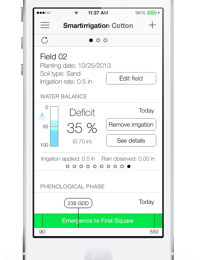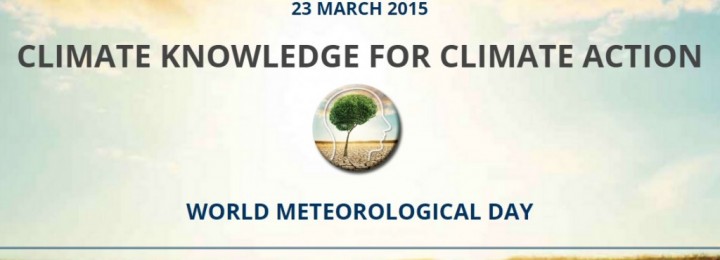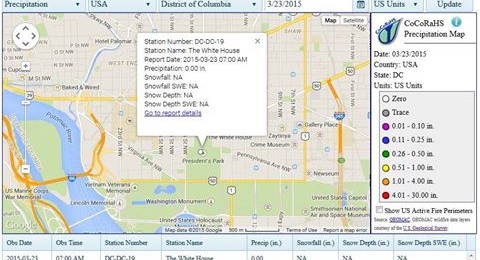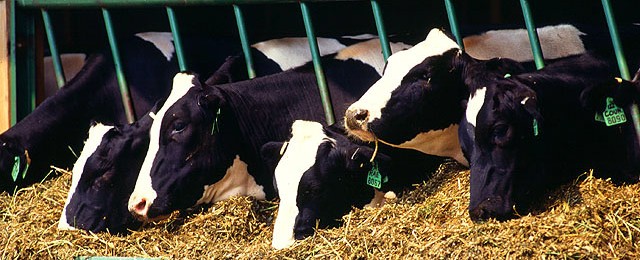Climate and Ag in the news
-

The Geophysical Fluid Dynamics Laboratory released a short article this week describing research to be published in the Bulletin of the American Meteorological Society. In the article it discusses the variability in temperature distributions in different El Nino episodes. Some episodes feature strong temperature anomalies, while others are weaker. Some favor the strongest warming near…
-

At CPASW today we learned that the Climate Prediction Center is in the process of updating their website to a new, cleaner and more interactive model. You can view the new beta version of the website at https://www.cpcpara.ncep.noaa.gov/. This site will combine much of the functionality of the old web site, including climate and drought outlooks,…
-

If you have a home garden or plant according to the USDA plant hardiness zones, you might be interested in this recent article from NOAA’s Climate.gov (link). In the story, the impacts of changing normals every ten years on planting zones is explained and maps show the differences between the old planting dates and the…
-

Dr. George Vellidis of the University of Georgia and cooperating scientists at several other Southeastern universities have developed several irrigation applications for smartphones as part of their work on the USDA NIFA program. Currently apps are available for cotton, citrus, strawberries and urban lawns. You can learn about these apps and download them at https://smartirrigationapps.org.…
-

Each year on March 23, the World Meteorological Organization, along with its 191 members — including the National Weather Service — and the worldwide meteorological community, celebrates World Meteorological Day. This day commemorates the formation of the WMO. This year’s theme is “Climate knowledge for climate action,” highlighting both recent advances in climate science and…
-

I want to take a minute to salute the CoCoRaHS network, who announced today that an official CoCoRaHS rain gauge will be installed in the White House kitchen garden planted this week by Michelle Obama. The addition was celebrated today in Washington DC as part of the National Science Fair activity at the White House.…
-

AgWeb had a fascinating article recently that discussed one Michigan farmer’s response to stressful weather conditions on his herd of dairy cattle. He built a large barn modeled on a swine facility with a roof and slatted floor plus open sides which reduces temperature-related stress and respiratory problems and improves weight gain in his cows.…